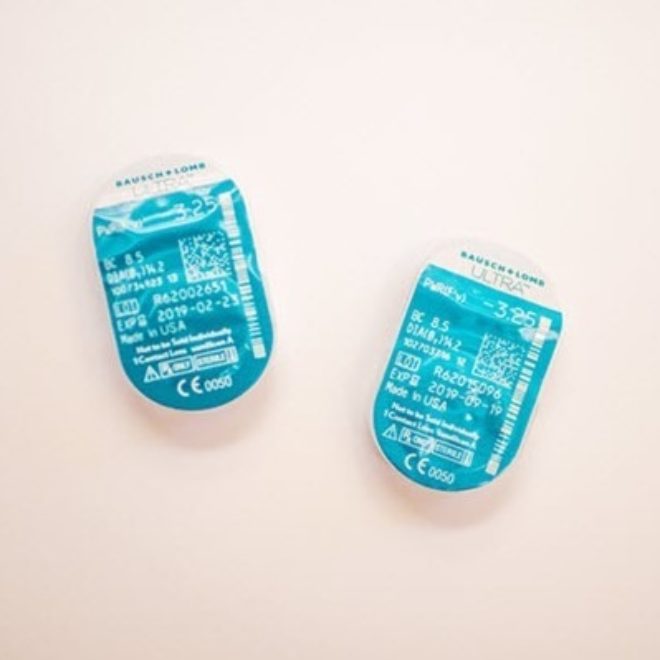
For many years, the safety concerning LASIK vs. contacts or vice versa has been the subject of numerous discussions among eye doctors. Neither are especially dangerous and the answer to this question is typically dependent on who you ask. We considered the research and spoke with Dr. Nunnery, our cornea specialist and LASIK eye surgeon as well as Dr. Daniel Gray, our contact lens specialist.
The simple answer to this is: it depends. As with any eye issue, many factors need to be considered. Contacts are a common and practical solution to nearsightedness or farsightedness. When contact lens regimens are followed in conjunction with good hygiene, the use of contacts can yield a positive experience that increases an individual’s quality of life. However, bad habits can quickly decrease these benefits.
Thankfully an infrequent complication, some patients may develop a serious central ulcer that cannot be treated with medication eye drops. These ulcers will ultimately require the individual to undergo a corneal transplant.
According to the CDC1, of the 30+ million Americans who currently wear contact lenses, between 40% and 90% claim to not follow prescribed directions.
Today, LASIK is considered to be extremely safe, especially when compared to bad contact lens-wearing habits. The most important first step towards LASIK is receiving a thorough evaluation by a reputable surgeon, who will determine if you are an ideal LASIK candidate.
The Casey Eye Institute2 stated that in regards to the LASIK vs. contacts debate, contact users experience a 3.5 times greater risk of developing serious vision loss within their lifetime when compared to those who have had LASIK eye surgery.
While neither contacts nor LASIK are particularly risky, you need to make the personal decision that is right for you. That may start with just educating yourself on the possibility of being free from contacts and/or glasses. Dr. Nunnery at Providence Eye & Laser Specialists provides a complimentary LASIK consultation to each individual who desires corrective surgery in their own personal LASIK vs. contacts tug of war. If laser eye surgery is not right for you, Dr. Gray will be happy to provide with you the correct contacts and proper instructions you need to maintain healthy eyes.
Sources: